Combating Insensitive Questions
I’ll never forget when someone stopped my family to ask, “Which one of you is the mom?”
Taken aback, I responded, “Neither of us. We’re both dads.” He continued to probe, trying to fit us into traditional gender norms without recognizing that we were a nontraditional family.
Other questions we’ve faced over the years include:
- You’re both men, so how did you get your kids? This question sets an expectation of disclosure about private matters like adoption or surrogacy.
- Aren’t you worried your kids will be gay too? This implies that being gay is problematic or contagious.
- Don’t you think your kids need a mother figure? This suggests that a family lacks without a female presence.
- Are your kids adopted?Often asked out of context, this question implies that biological relation is essential to parental legitimacy.
As a psychologist specializing in queer dads and a gay dad myself, I’ve worked with many families who face insensitive questions about their dynamics. These inquiries, while all too common, often stem from curiosity, misunderstanding, or deeply ingrained stereotypes about what a family looks like. As proud gay dads, owning our identity and the uniqueness of our family is crucial, not just for our well-being but for setting a powerful example for our children.
Here are three tips on how to handle insensitive questions with grace and assertiveness, reinforcing the pride in our non-traditional family structures:
- Establish Clear Boundaries
It’s important to recognize that not all questions, even the well-intentioned ones, deserve a response. Establishing what you are and are not willing to discuss openly can help protect your family’s privacy and emotional well-being. For example, if someone asks, “Who is the mom?” you might respond with, “We are both the parents. We focus on providing love and support, not fitting traditional roles. This kind of answer sets a boundary about your family’s structure without delving into unnecessary explanations.
- Educate with Empathy
Many people ask questions from a place of genuine curiosity without realizing they are being insensitive. Use these moments as an opportunity to educate them about gay families. A response framed with empathy might look like this: “I understand you’re curious, but asking how we ‘got’ our child can feel intrusive. We’re just like any other family, loving and raising our kids. This approach not only corrects misconceptions but also promotes a broader understanding of diverse family dynamics.
- Reframe the Question
Reframing the question can help shift the conversation to a more positive and enlightening tone.
For example, if asked, “Don’t you think your kids need a mother figure?” you might respond, “We believe what kids need most is love and support, which we provide in abundance. We also ensure they have strong female role models in their lives.” This response acknowledges the question’s premise but redirects it to highlight the strengths of your family structure.
Owning our identity as a gay family means standing firm in who we are and the love we share.
It’s about transforming awkward or insensitive encounters into opportunities for education and openness. By setting boundaries, responding with empathy, and reframing questions to educate, we can foster a greater understanding and respect for all types of families. Remember, it’s not about fitting into a mold; it’s about breaking the mold and celebrating every beautiful, non-traditional piece.
Author’s note: If you’d like support in owning your family’s unique story or strategies for queer dad-specific parenting, I’d love to help! Contact me here.

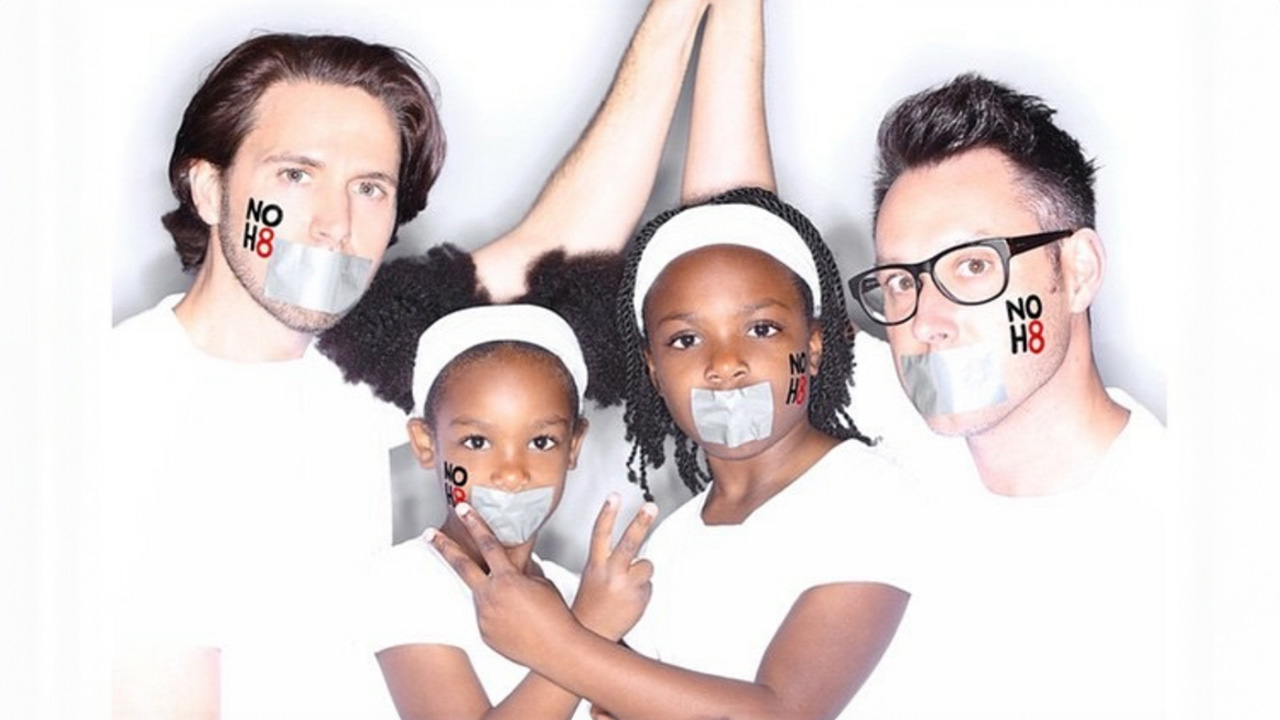
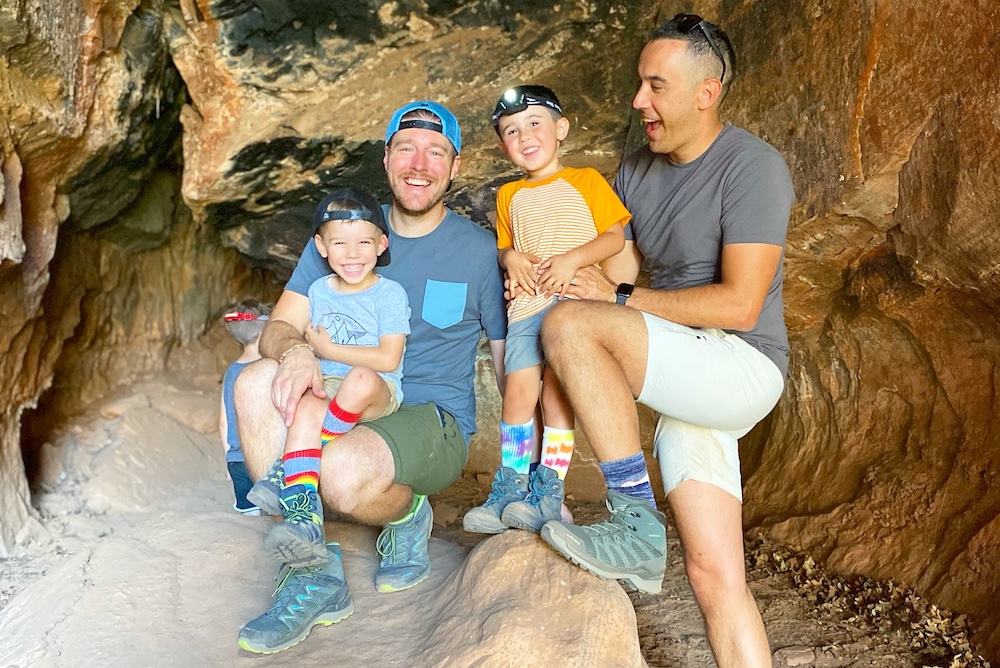
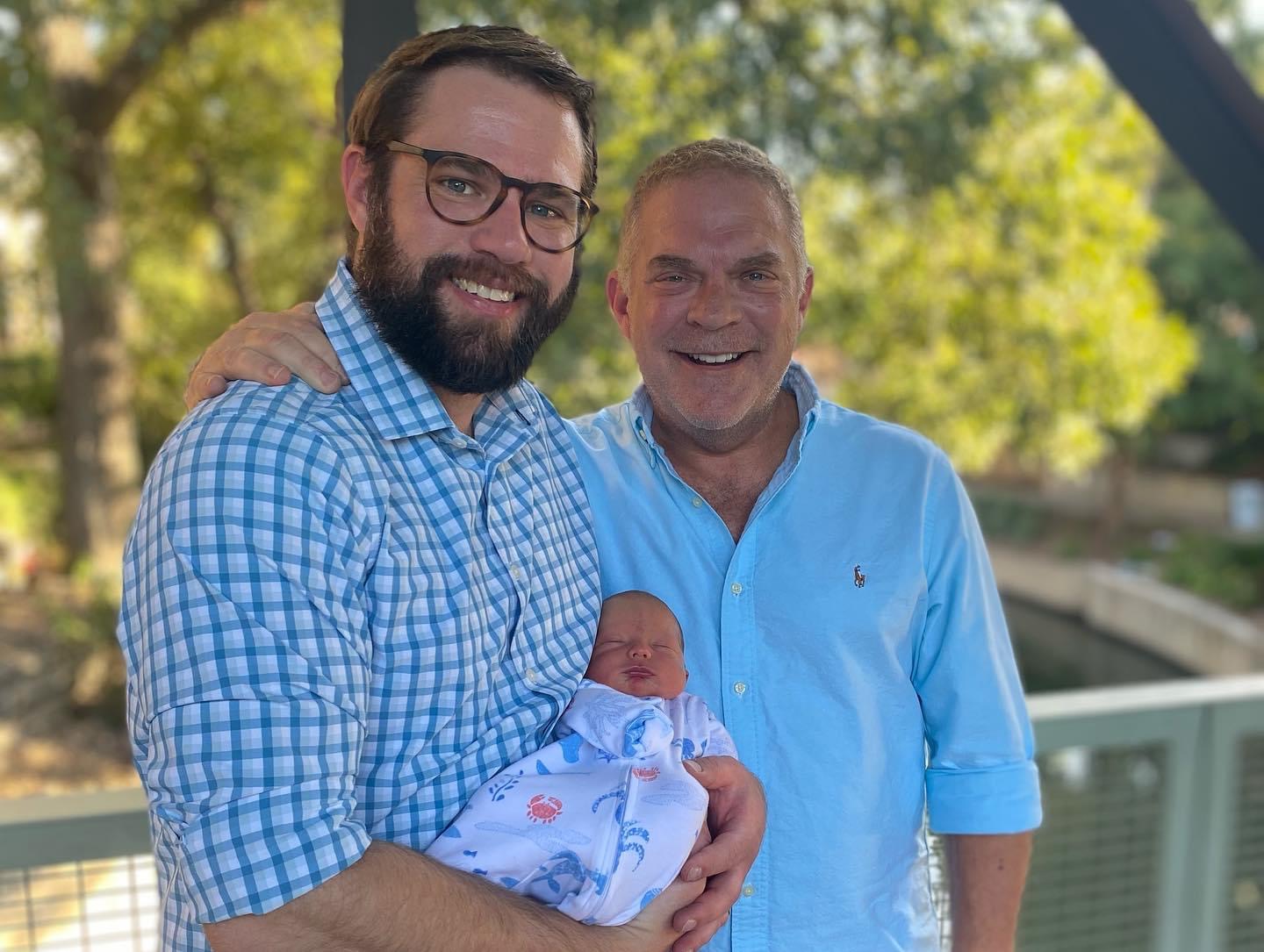
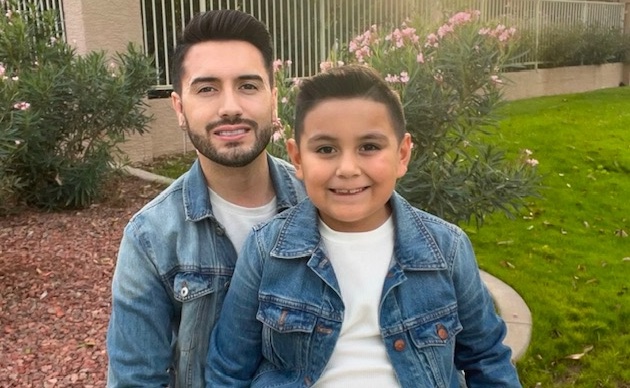
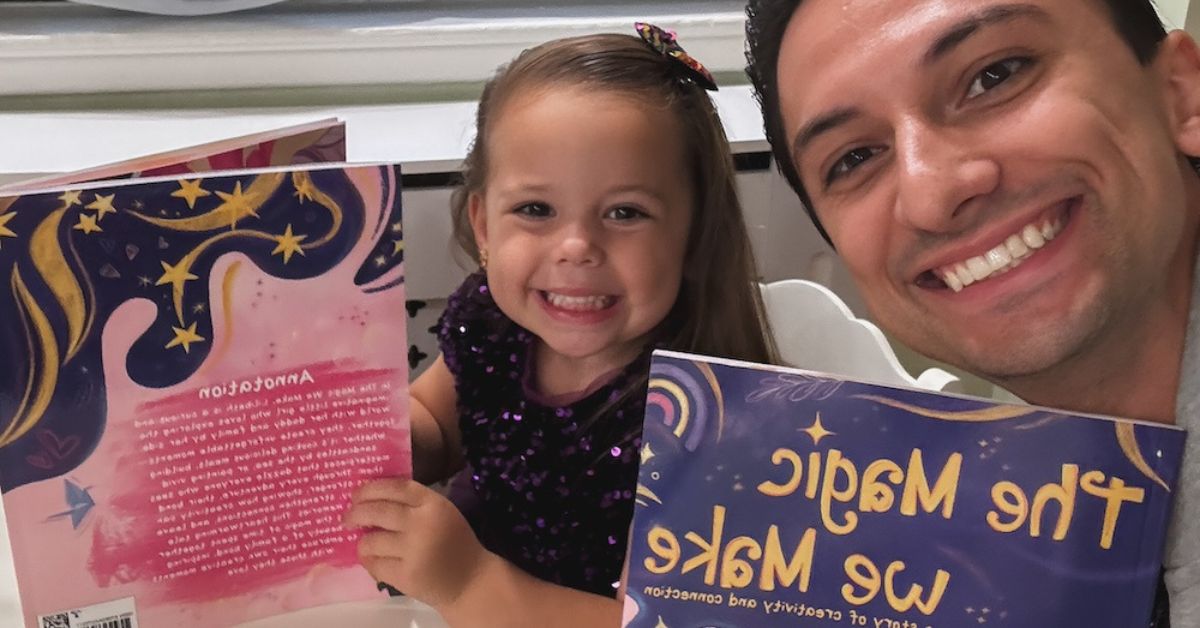

One thought on ““Which One of You is the Mom?” Owning Our Identity as a Gay Family”
Rose Vasquez
As a young teen girl, with no family, I was taken in by a household of gay men. It was the best thing to happen to me in my young life. They took such good care of me. There was nothing legal about it. Nobody planned it. Someone knew my situation and introduced me to a member of what would become my family. I was invited over one night, and I was welcome from then on. The family stayed together even when moving from one home to another. Even if after I left, I always had a home to return to. I will be forever grateful to the men who probably saved my life.
May 28, 2024 at 7:10 pm